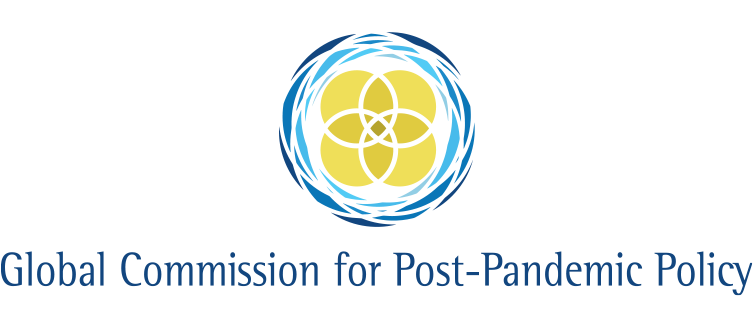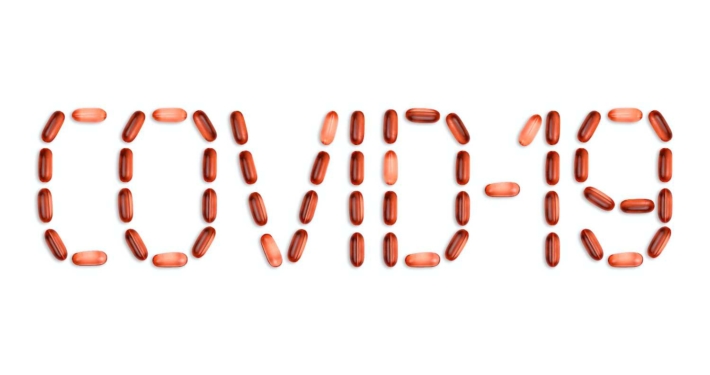The Pandemic, week to Jan 12th
Health
The novel strain of SARS-CoV-2––the virus responsible for COVID-19––first identified in the United Kingdom is spreading rapidly around the globe. Using genomic analysis, at least 45 countries have confirmed the variant’s presence, with community spread confirmed in at least 13 countries. The strain––known as B117––is 56% more transmissible than previous strains, according to a preliminary analysis. This is borne out by dramatic increases in infection rates in many of the affected countries, especially in Europe.
A separate novel strain identified in South Africa––referred to as B1351––has also begun to cross borders, albeit at a slower rate. The variant has been picked up in the United Kingdom, Finland, South Korea, Japan and Australia and has begun filtering across borders to other countries in southern Africa. The South African strain also appears to be more transmissible than previous strains. A further new variant has been detected in Japan, identified in four people who arrived in the country from Brazil, but data is not yet available on whether or not it is more transmissible or dangerous in other ways.
There is currently no evidence that any of these new strains are more or less susceptible to treatment with the existing gamut of vaccines. Nevertheless, many countries––including the United States––are still performing only a fraction of the genomic analyses necessary to track the spread of novel strains.
This week, freshly reported cases of COVID-19 increased at a record-setting rate globally. On January 8th, there were 858,458 new COVID-19 cases and 15,489 new COVID-19 deaths recorded worldwide––both new single day records. This explosive growth is likely explained by the spread of more infectious viral strains internationally, but also some data catch-up as national COVID-19 statistics accommodate previously unaccounted cases and deaths that occurred between Christmas and New Year’s.
In Europe, infections are rising steeply. This trend is being driven primarily by skyrocketing case numbers in the United Kingdom, as well as more steady increases in European population centres like Germany, France, Italy and Spain. There are otherwise few obvious geographic trends. However, dramatic accelerations in per capita case rates in the Republic of Ireland, the Czech Republic, Slovenia and Portugal are a major cause for concern.
In the United States, new COVID-19 cases and deaths continue to rise at record-breaking rates, driven by escalating infection rates in almost every state in the union. In the American South, the situation has deteriorated the most markedly––with cases exploding in all of North Carolina, South Carolina, Tennessee, Kentucky, Louisiana and Arkansas. In the Southwest, the situation has also continued to worsen, with large outbreaks in both Utah and Arizona. Finally, in the American Midwest, case rates have also begun to trend up after a months-long decline.
In Latin America, infection rates are rising quickly. The figures are worst in Brazil, Argentina and Colombia, with Panama the greatest current cause for concern. In Africa, infection rates in South Africa continue to worsen. The country’s outbreak also appears to be crossing borders, with infections increasing markedly in Lesotho, Botswana, Zimbabwe and Zambia. In the rest of the continent, figures still remain low however. In theMiddle East, Asia and Oceania, caseloads generally remain both low and stable, but Japan, Indonesia and the Philippines have all experienced spikes of infections.
Vaccination programmes got under way, with political criticism turning on to the slowness or perceived mishandlings of the programme. Israel led the world in the scale and scope of its programme, followed by the UAE and Bahrain. In Europe, the United Kingdom is ahead, with Denmark and Italy the leading EU immunisers. So far, all reported figures are of doses rather than completed courses. Debate raged about whether to follow the UK’s example of maximising first dose immunisation and extending the delay before second doses, or whether to follow the manufacturers’ recommendations strictly.
Economy
The global economy contracted by 4.3% in 2020 but is predicted to expand by 4% in 2021, assuming COVID-19 vaccine rollout is widespread. That is the gist of the World Bank’s Global Economic Prospects report published last week. These forecasts were made, however, before new strains and rising infection rates forced many large economies to enforce new tight restrictions on movement, especially in Europe.
On the back of a strong Chinese economic recovery in the second half of 2020, the Renminbi rose to its highest level against the US dollar since 2018, returning it almost to the level held before the US-China trade war began in earnest.
In Germany, the Federal Labour Agency released the country’s December jobs data. The German economy added 37,000 jobs even as the country tightened restrictions in response to the novel British viral strain. The Federal Statistics Office (FSO) also release Germany’s November retail sales data. In that month, retail sales grew 1.9%. Despite the pandemic, the FSO expects retail sales to have grown by 4% in 2020, outpacing even the 3.2% recorded in 2019.
In the United States, by contrast, the Department of Labour’s latest monthly jobs data made for grim reading. The American economy lost 140,000 jobs in December, marking only the latest sign of a stalling economic recovery in the country. The bulk of jobs lost were in bars, restaurants and other businesses hit hardest by a new wave of COVID-19 restrictions as cases continue to rise in the country. The rise in unemployment––now at 6.7% nationally––was the first since April, but it may not be the last.
The investment bank Goldman Sachs, raised its growth forecast for the United States in response to the Democratic Party’s Senate victories in Georgia. The bank predicts growth for the country of 6.4% this year on the back of the passage of a $750 billion stimulus package in February or March.
Politics
The invasion of Washington, DC’s, Capitol Building on January 6th, by supporters of President Donald Trump’s effort to prevent the November elections results being certified by Congress, threatened to delay the confirmation and appointment of key Biden administration Cabinet officials if Senate proceedings become dominated by an impeachment trial. This should not affect the Biden administration’s pledge to speed up the vaccine roll-out and introduce new measures to control COVID-19 infections, but it does risk leaving leadership vacuums in Homeland Security, the National Security Council, the Pentagon and the State Department, appointments which are traditionally prioritised for an incoming Cabinet.
A team of experts from the World Health Organisation investigating the origins of the COVID-19 virus gained Chinese authorisation to arrive in the country on January 14th. The terms of the WHO’s investigation have been widely criticised for allowing Chinese scientists to perform the opening phase of research. Nevertheless, China reacted angrily to calls last year for an investigation, applying sanctions in particular on Australia.
Indonesia became the first country outside China to give emergency-use authorisation for a COVID-19 vaccine produced by the Chinese company Sinovac, following a small (1,600 participants) clinical trial in the city of Bandung. The Ulema Council, an influential group of Muslim Clerics in Indonesia, then ruled that a COVID-19 vaccine produced by the Chinese company Sinovac Biotech is halal, meaning it is acceptable under Islamic law. The world’s largest Muslim country with a 270 million population, Indonesia has an initial 3 million doses of the Chinese company’s vaccine––CoronaVac––and is hoping to contain the worst ongoing outbreak in south-east Asia. It has hedged its vaccine as well as geopolitical bets by placing orders for 125.5 million Coronavac doses, 50 million each from Astra-Zeneca, Pfizer and Novavax, and 54 million from the WHO vaccine distribution scheme.
In Brazil, President Jair Bolsonaro was caught outside the presidential palace by supporters who pressed him for further economic relief. “Brazil is broke,” he responded, “I can’t do anything.” The president continues to be widely criticised for his continued dismissal of the dangers of the pandemic. The comments came as the World Bank’s Global Economic Prospects predicted an expansion of 3% for Brazil in 2020, far short of offsetting the 4.8% drop in 2020.
GCPPP Newsletter
We now publish a weekly newsletter to inform friends and supporters of the Global Commission’s progress and to provide updates when new content is published. Please sign up here:


 Volodymyr Hryshchenko, Unsplash
Volodymyr Hryshchenko, Unsplash
 Adam Nieścioruk, Unsplash
Adam Nieścioruk, Unsplash
 visuals, Unsplash
visuals, Unsplash

 Photo by SAUL LOEB/AFP via Getty Images
Photo by SAUL LOEB/AFP via Getty Images